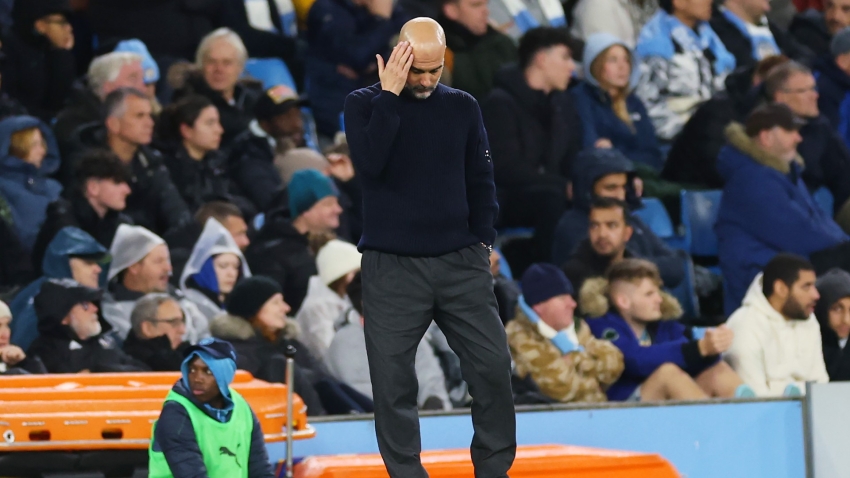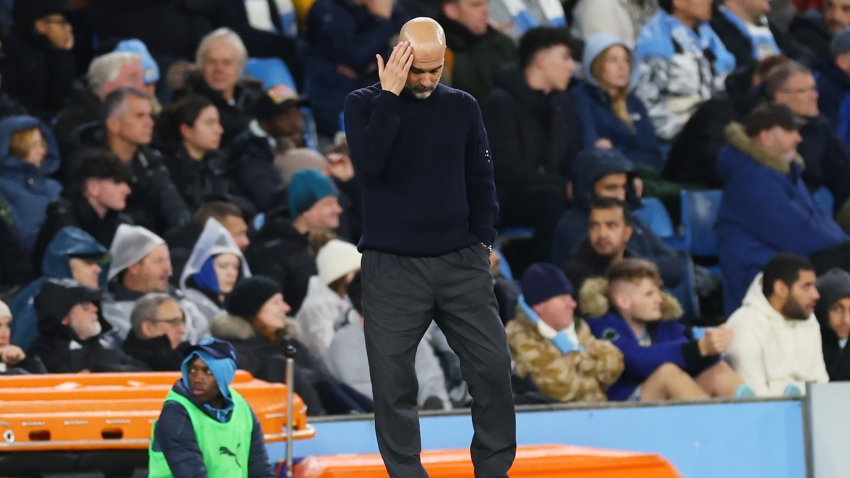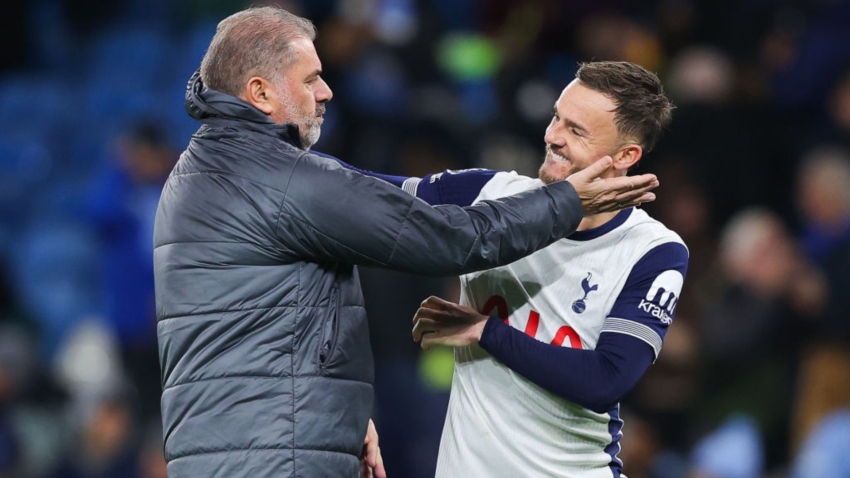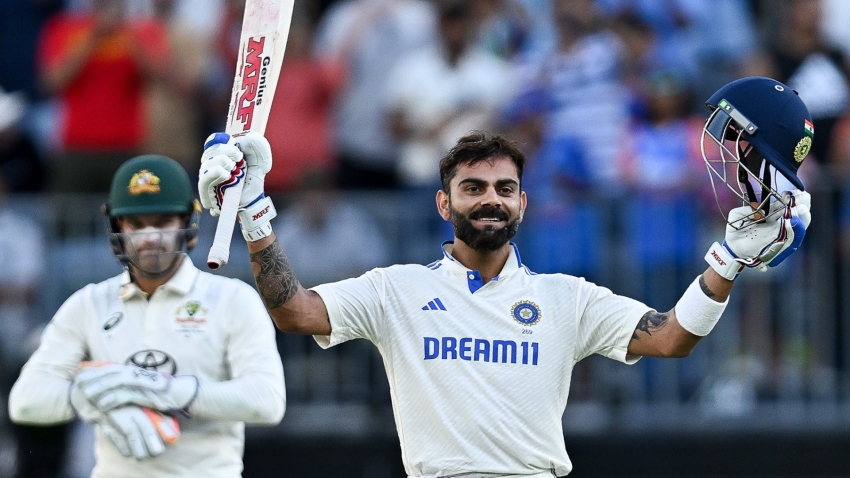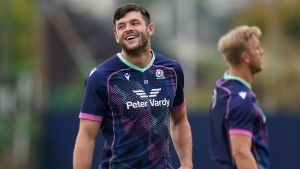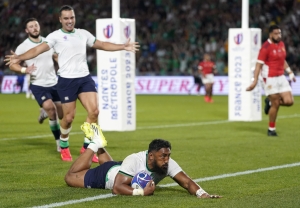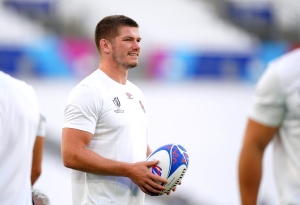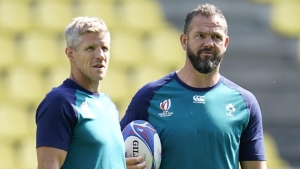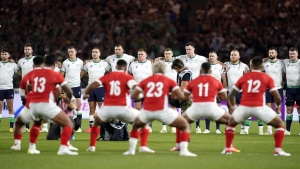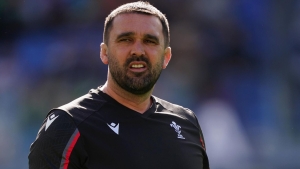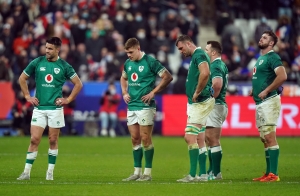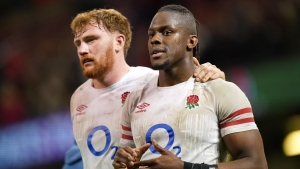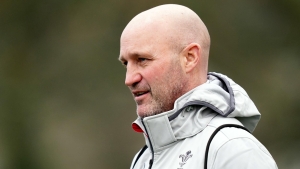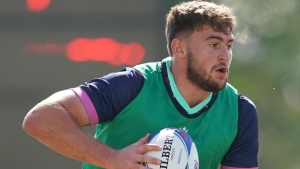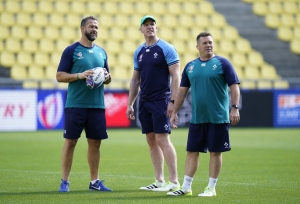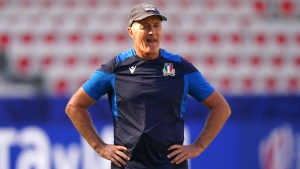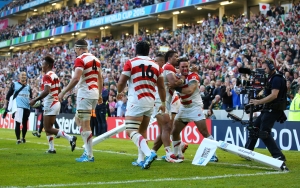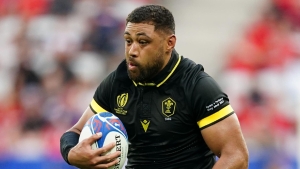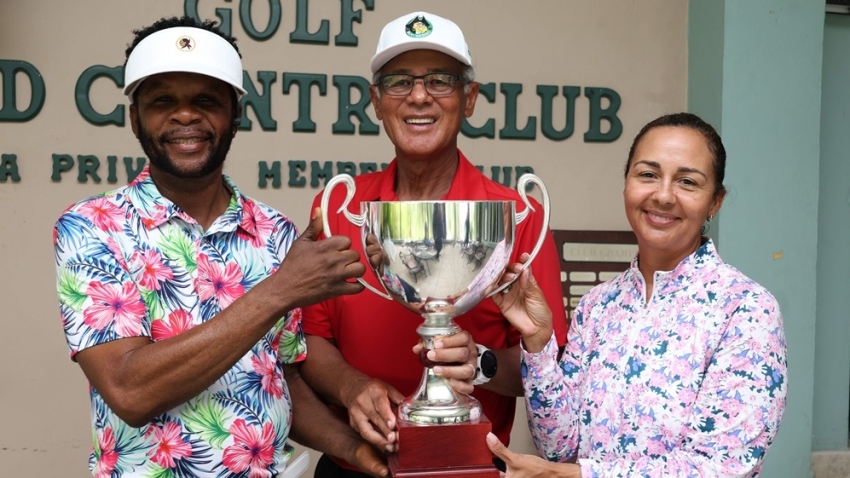Alex King has underlined the importance of Wales boss Warren Gatland’s presence and proven track record heading into Sunday’s Rugby World Cup clash against Australia.
Wales are heading towards a fourth successive World Cup quarter-final appearance under Gatland, and will be odds-on to win Pool C if they topple the Wallabies.
Australia, in contrast, are staring at group stage elimination for the first time in World Cup history if they lose as Gatland goes up against Wallabies head coach and former England chief Eddie Jones.
“I played under him (Gatland) at Wasps and we had some big European games,” Wales assistant coach King said.
“This is his fifth World Cup (four with Wales and one as Ireland head coach), and I don’t think any other coach has done five World Cups.
“He understands when to push the players and coaches, and when to pull back. Then he lets the players lead as the week develops.
“He is a very experienced coach and it is great for us to have him around us.
“It’s a massive game, let’s not shy away from that, and Warren has been there and done it, whether it’s European Cups, Six Nations or British and Irish Lions tours. I am glad he’s in our camp.”
Australia’s 22-15 defeat against Fiji has left them teetering on the brink of an early exit.
Wales, in contrast, have 10 points from two games, which is a record that only Ireland can match among any other team in the competition.
“They (Australia) will be hurting a little bit after the weekend. We understand that it is pretty much do-or-die for them,” King added.
“We understand in a massive game against Australia we have to take our chances.
“If we stick to what we are good at and are accurate, then we will put in a good performance. That is the plan for Sunday.
“We will look to play to our strengths and put as much pressure as possible on the Australia team.
“That is a balance between a kicking game, a set-piece game and a running game, as well as having our defence in place. We want to ask questions in attack, and hopefully over the course of the 80 minutes it will be enough to seal a win.
“We knew we were going to play them (Australia) now, whether they had won two from two or lost two from two. We understand what is at stake and the opportunity ahead of us and what it means to both teams.
“If we get every part of our game absolutely spot-on, we will be a team that is very hard to beat. They (players) are like a band of brothers, and have been since we met up at the end of May.
“The guys have lived together for the last 16 weeks, and you do rely on each other. We are two games down, two to go and hopefully something after that.”
Wales returned to the training pitch in Versailles hoping for a clean bill of health heading into the Wallabies encounter.
Flanker Tommy Reffell withdrew from facing Portugal last weekend in the warm-up after experiencing calf muscle tightness, while prop Henry Thomas, who has a hamstring issue, is the only player among Wales’ 33-strong World Cup squad yet to feature.
“Tommy is nursing a little leg injury and he is being assessed. We will know more in the next couple of days,” King said.
“A lot of guys have their own personal programmes a day or two after games, depending on their rehab needs.
“It is always good to have lots of props to choose from. He (Thomas) is going well and tracking in the right direction.”









